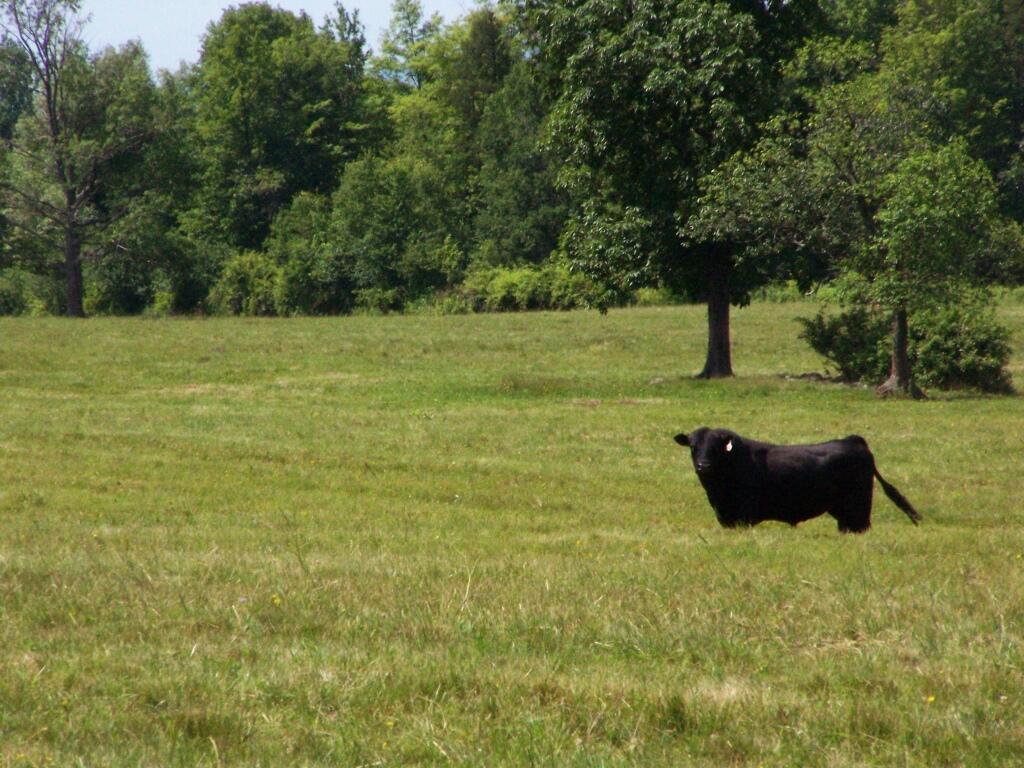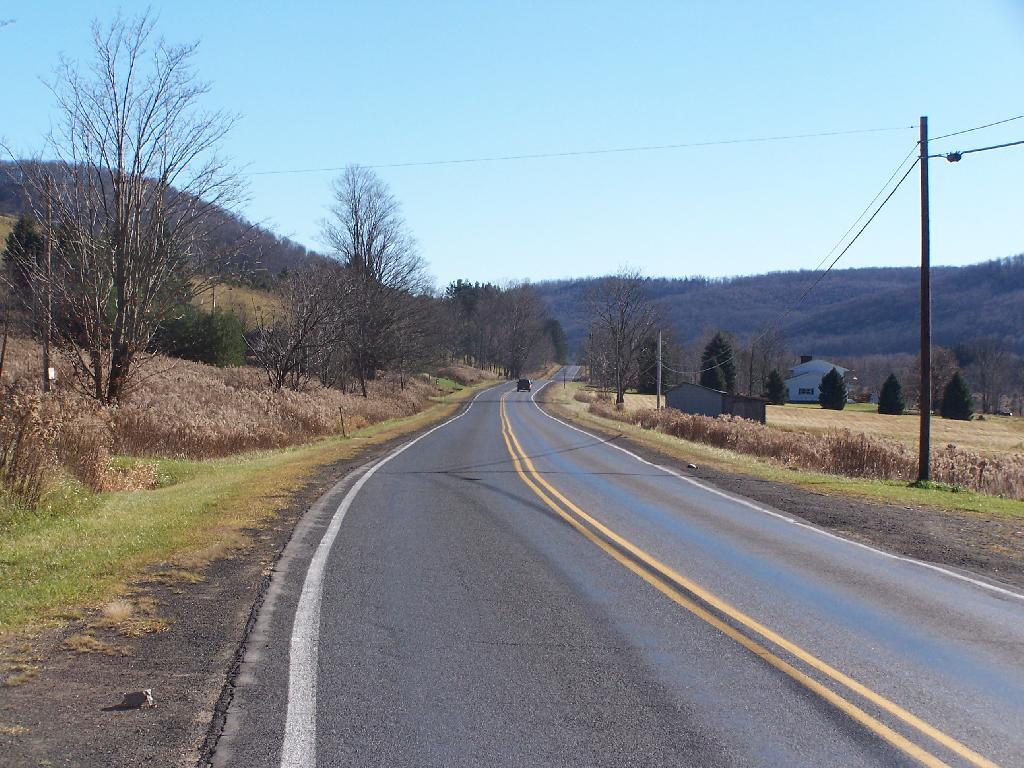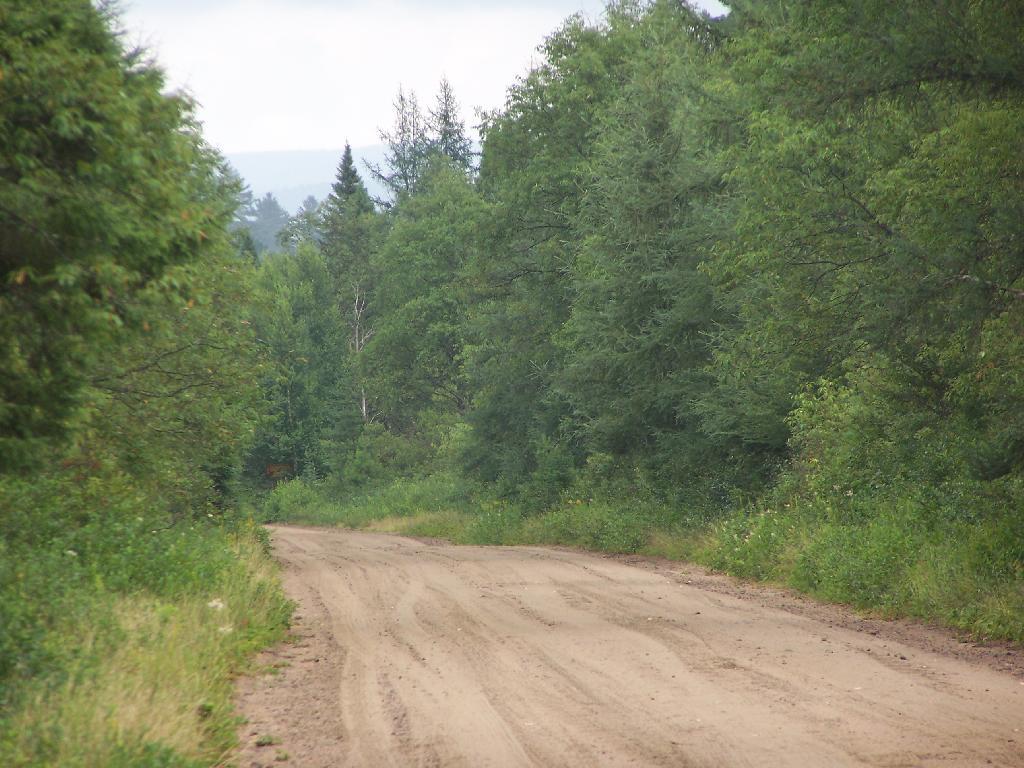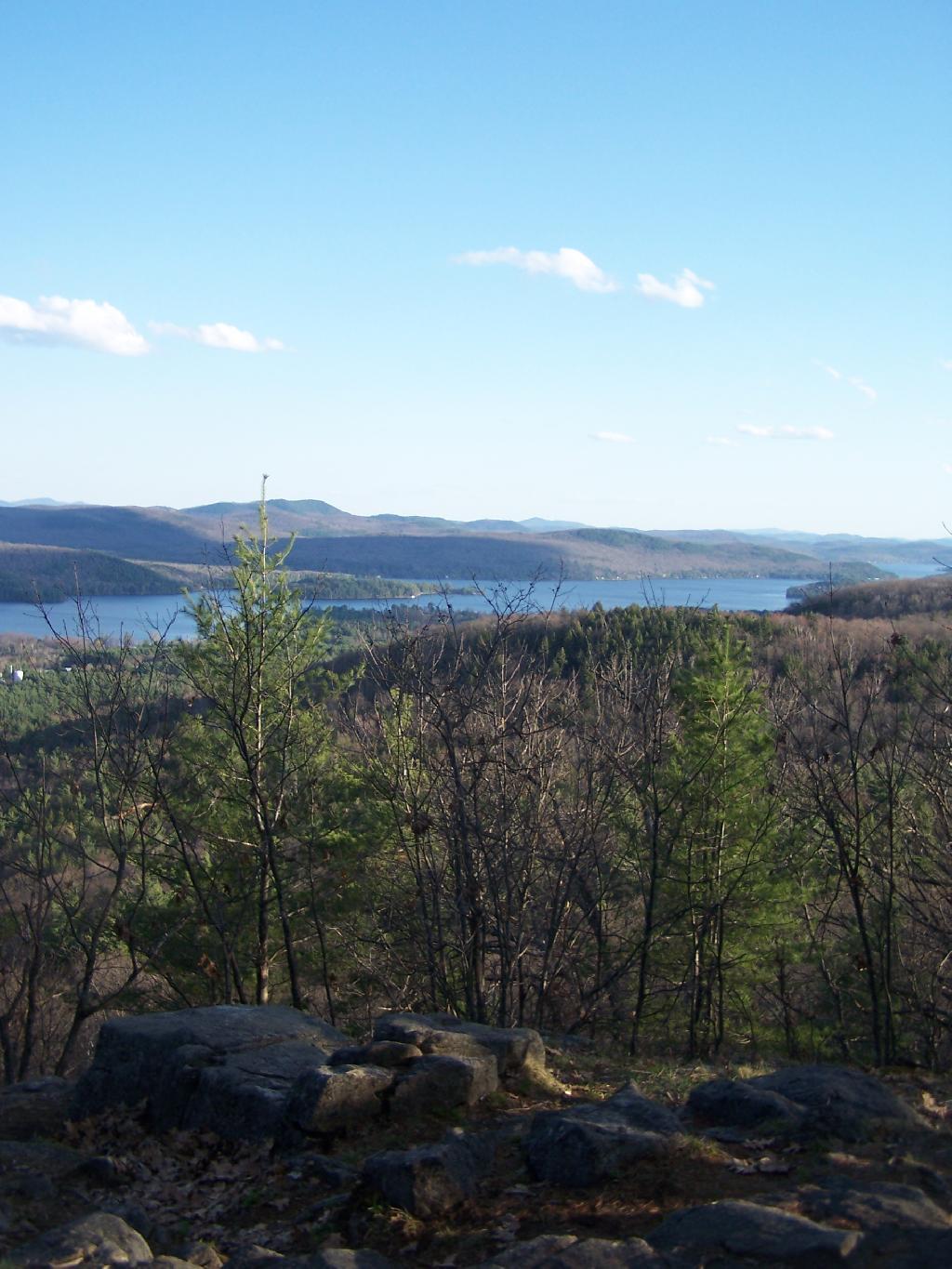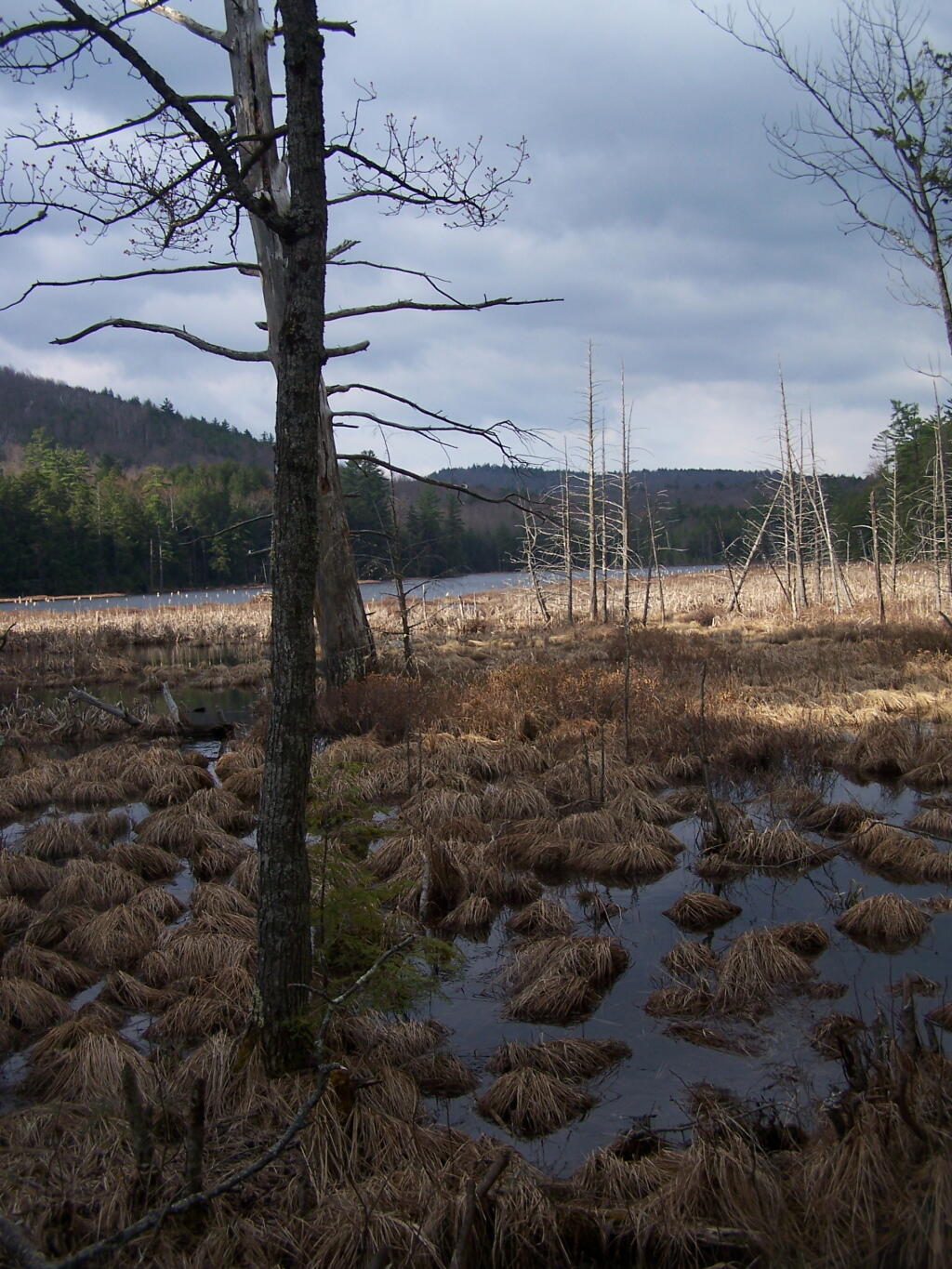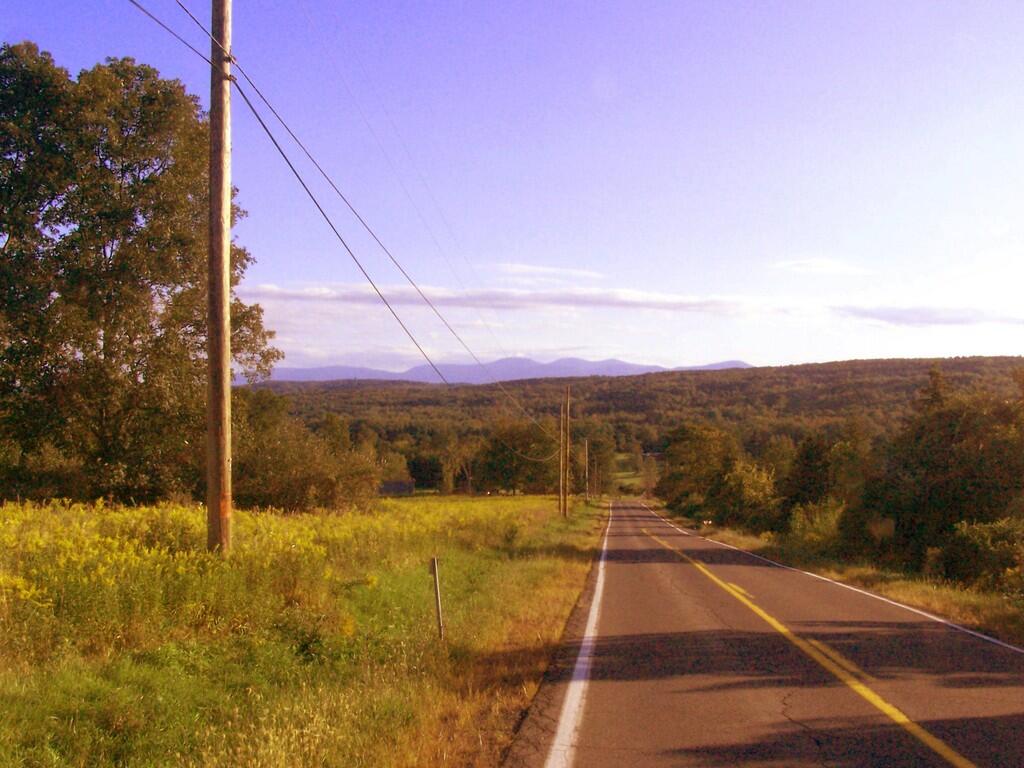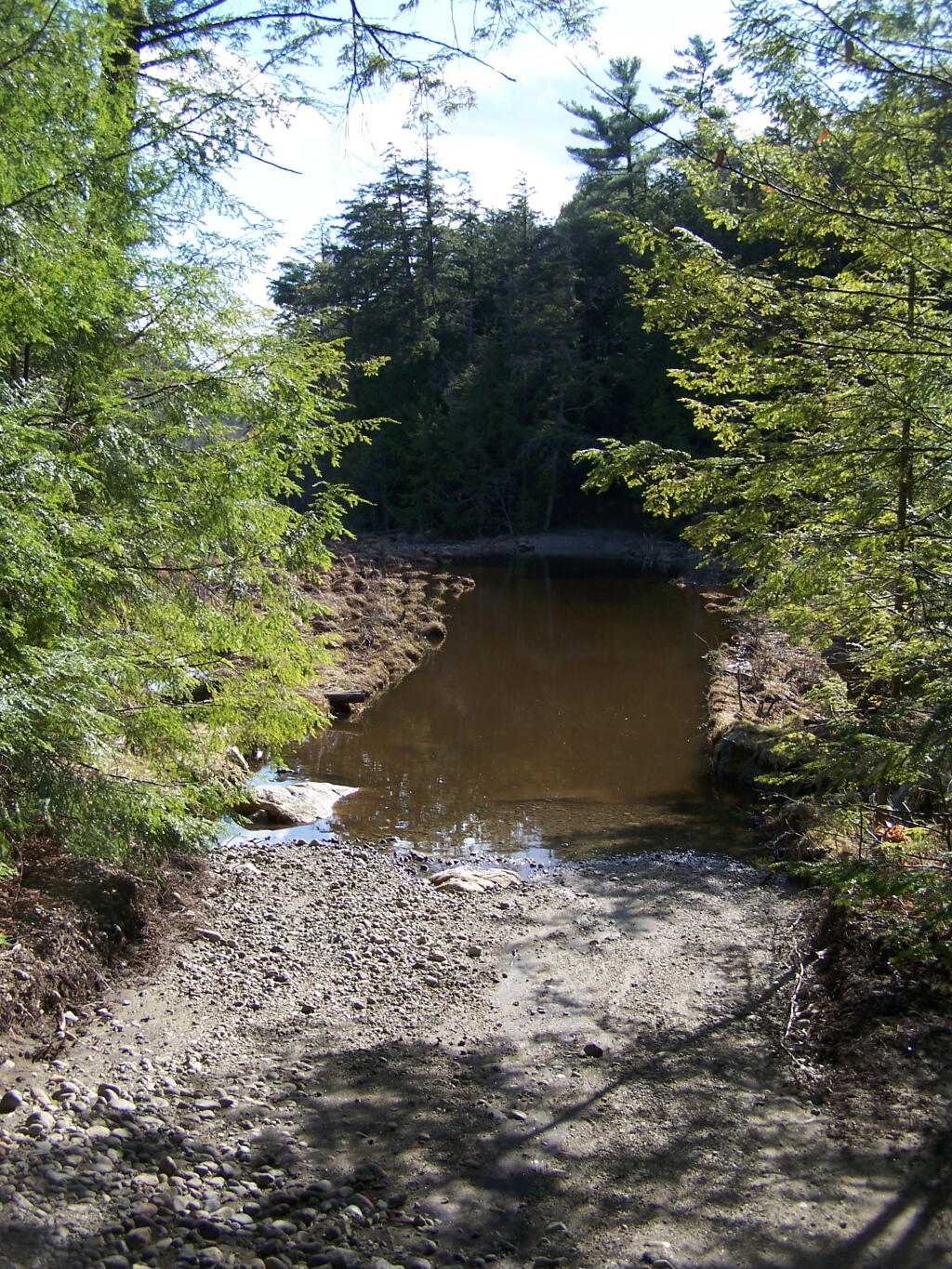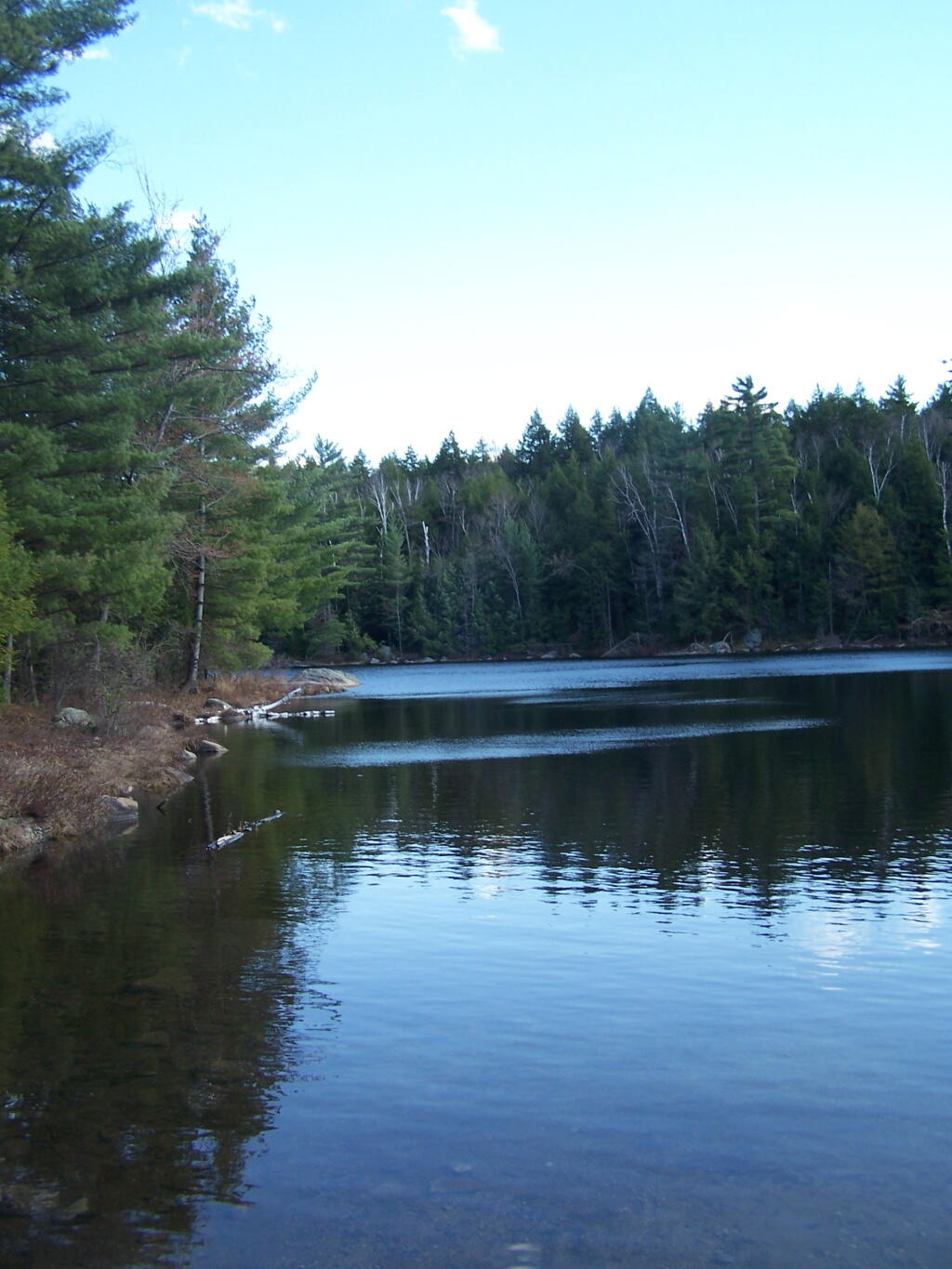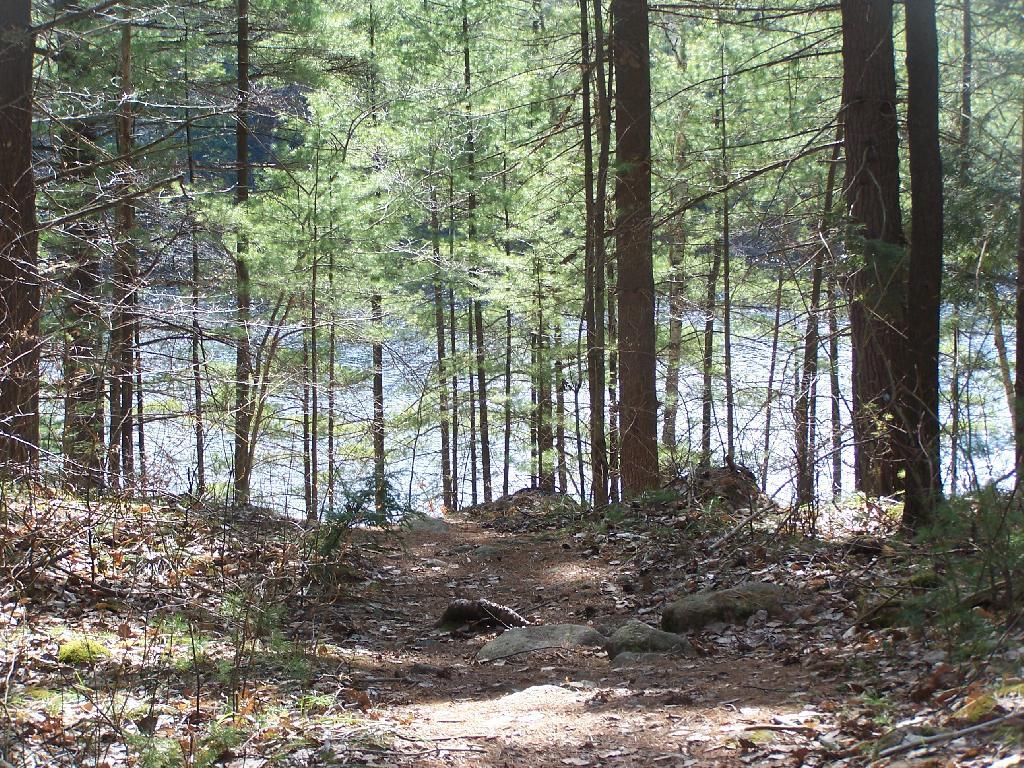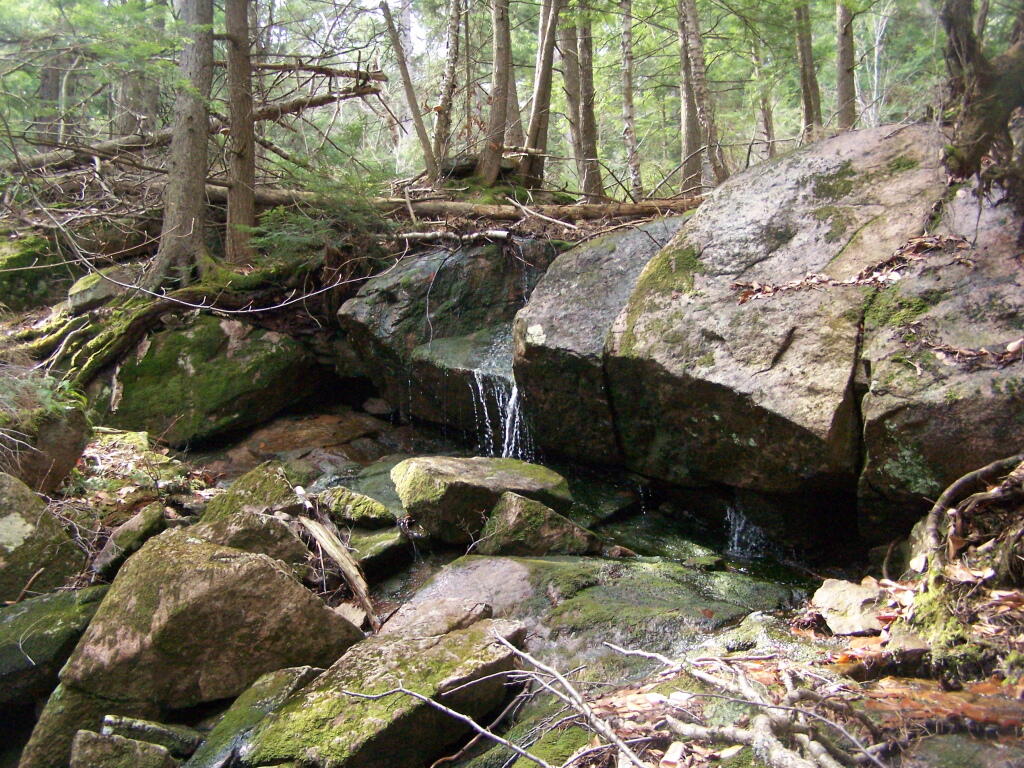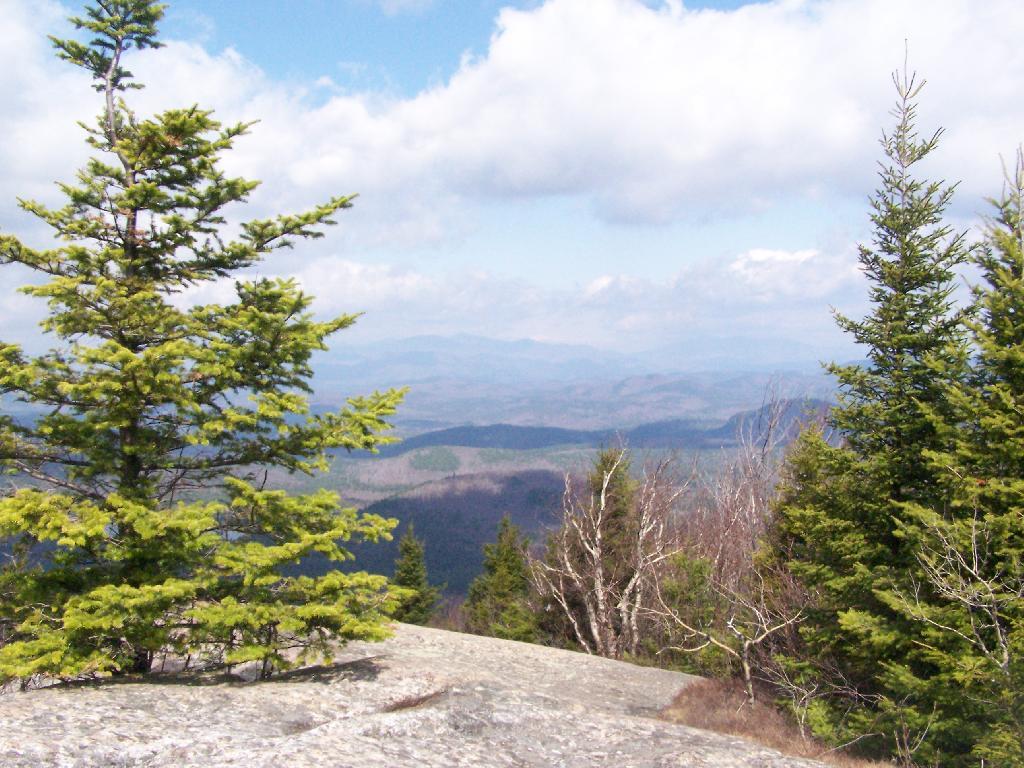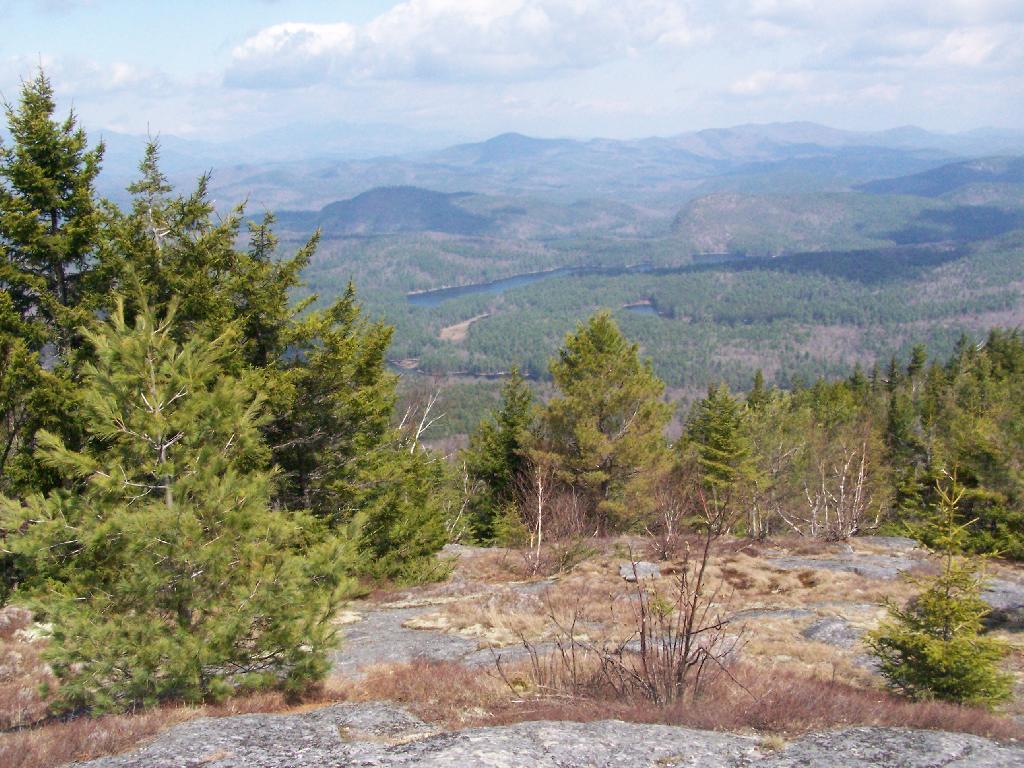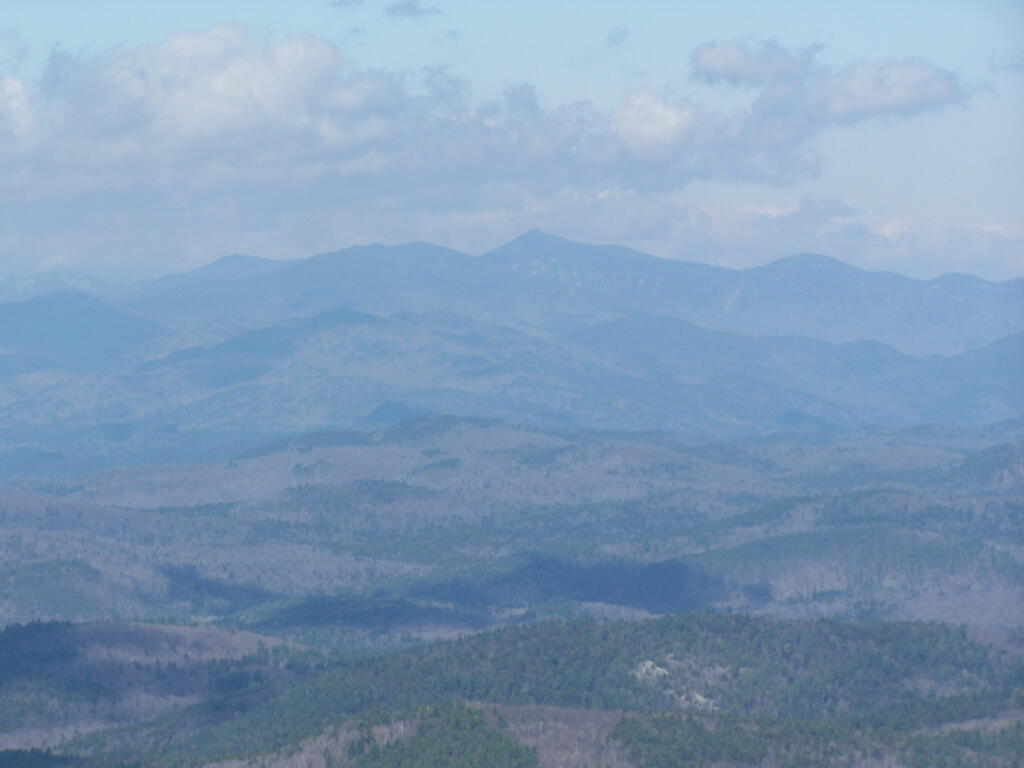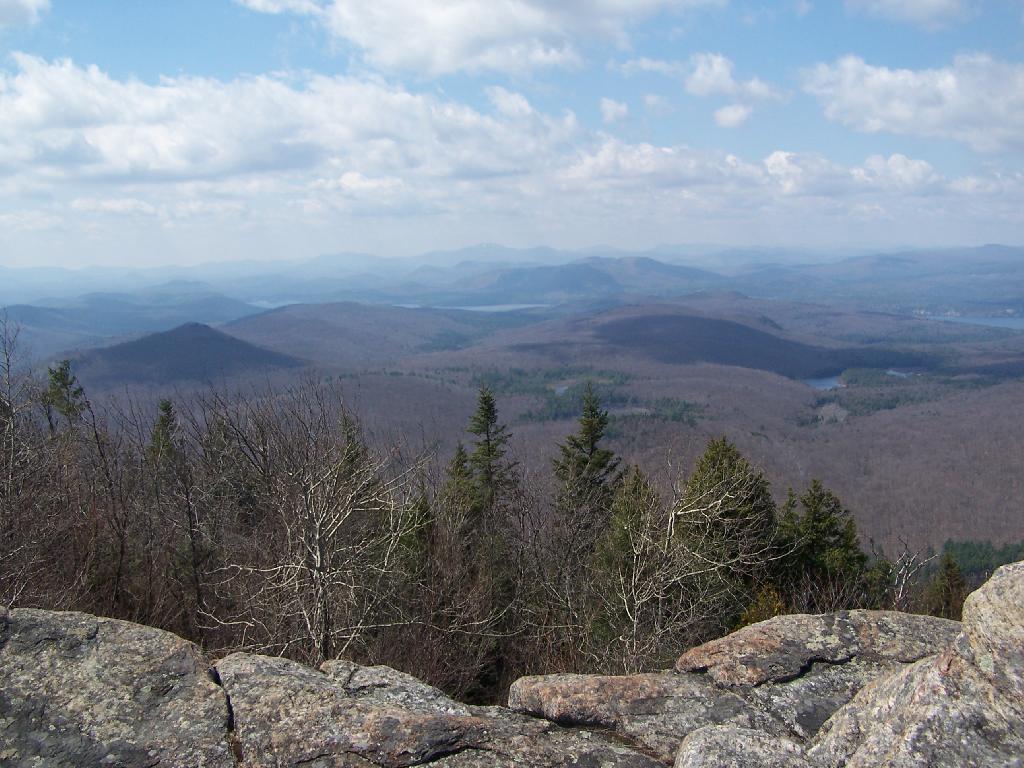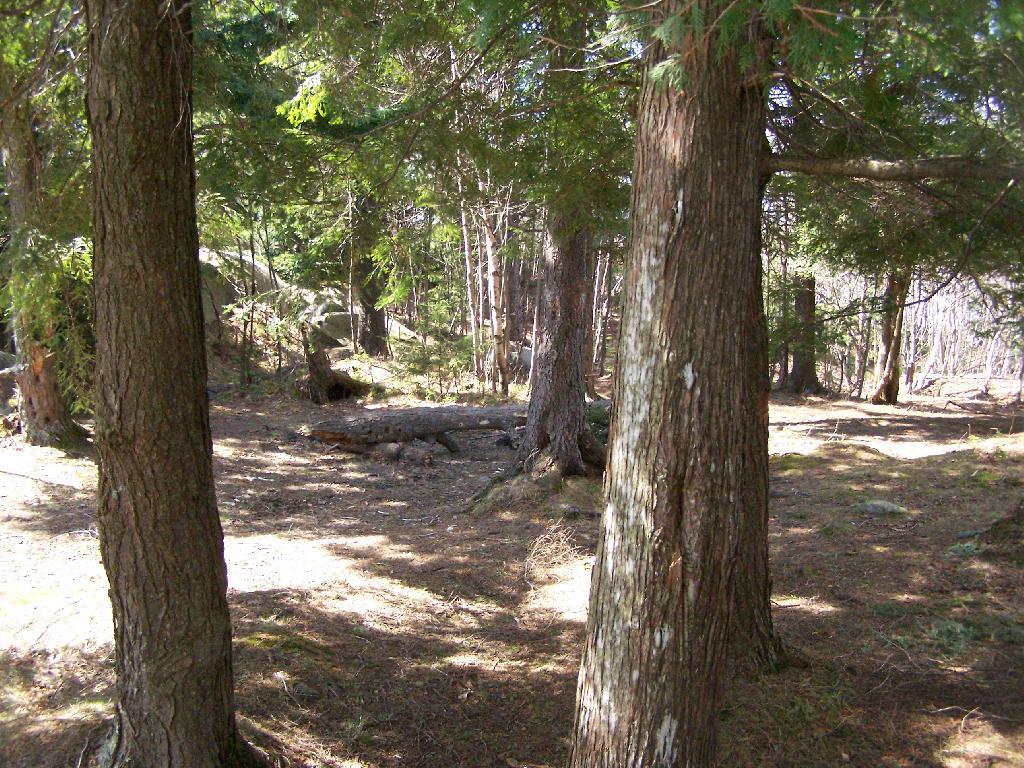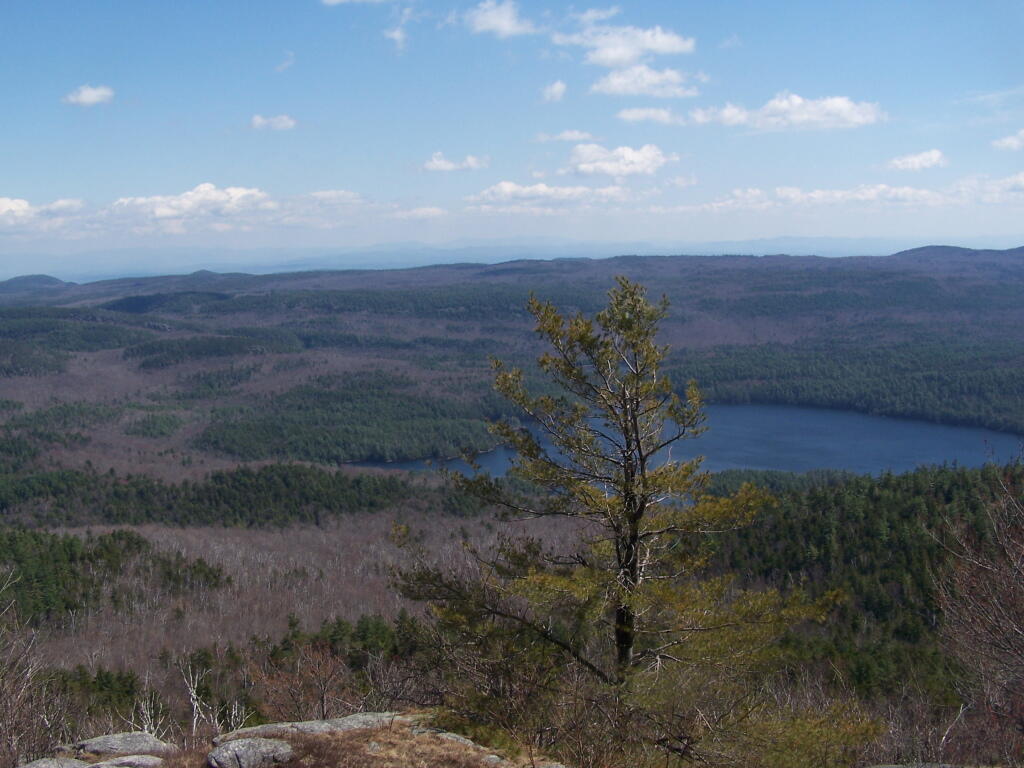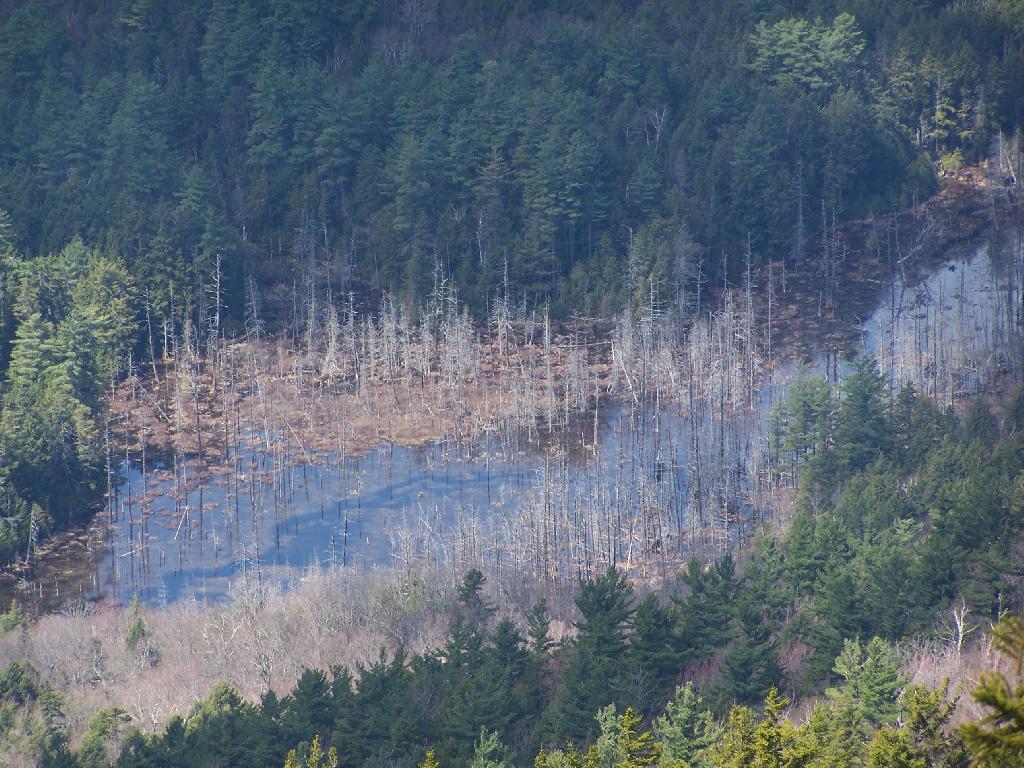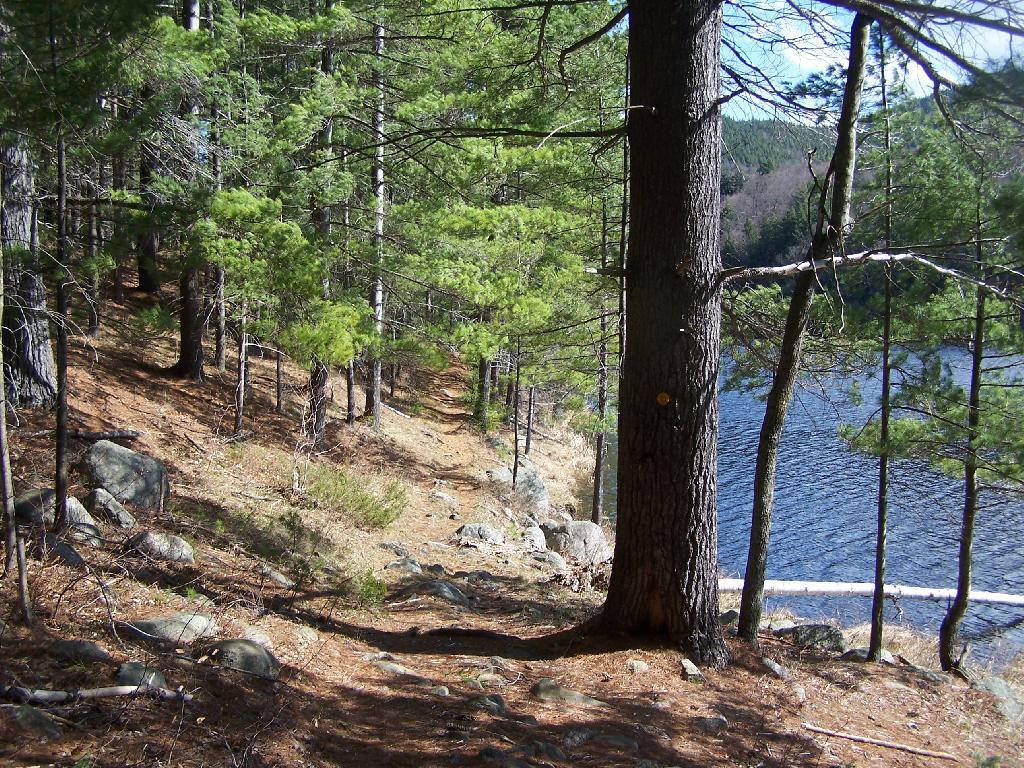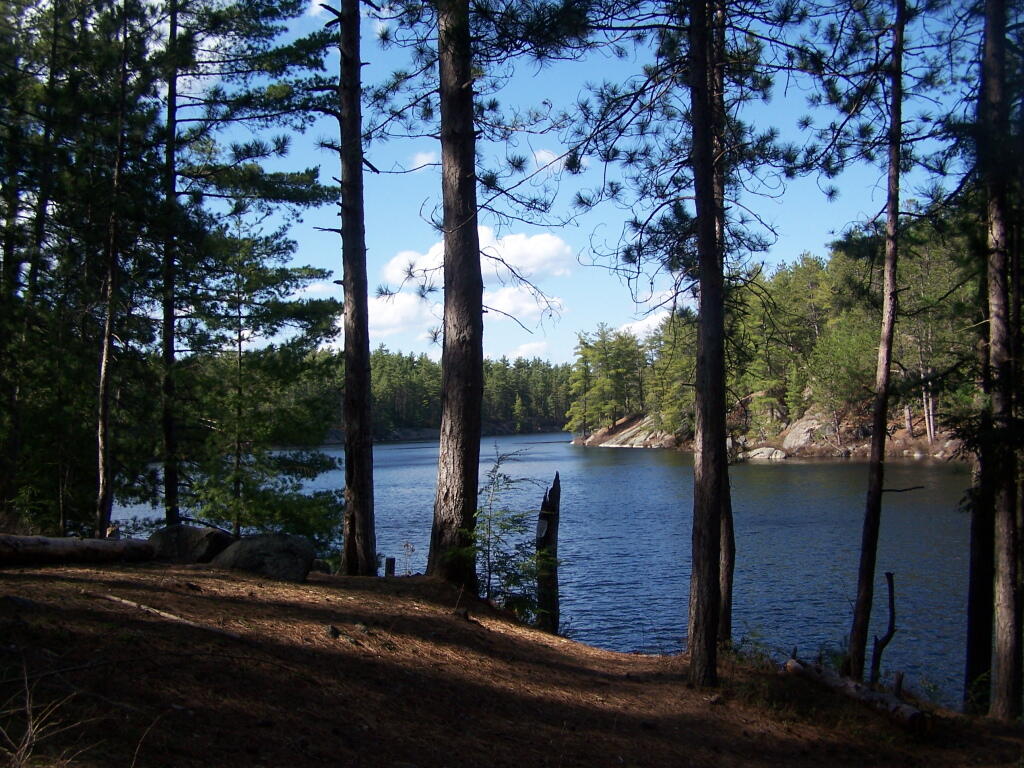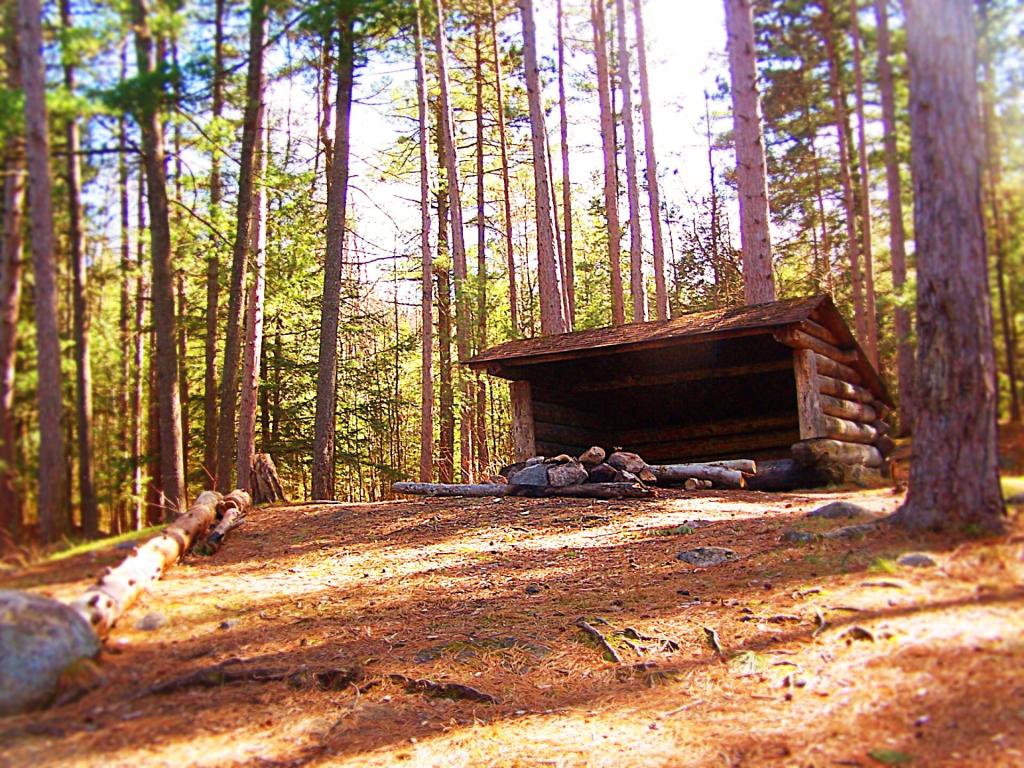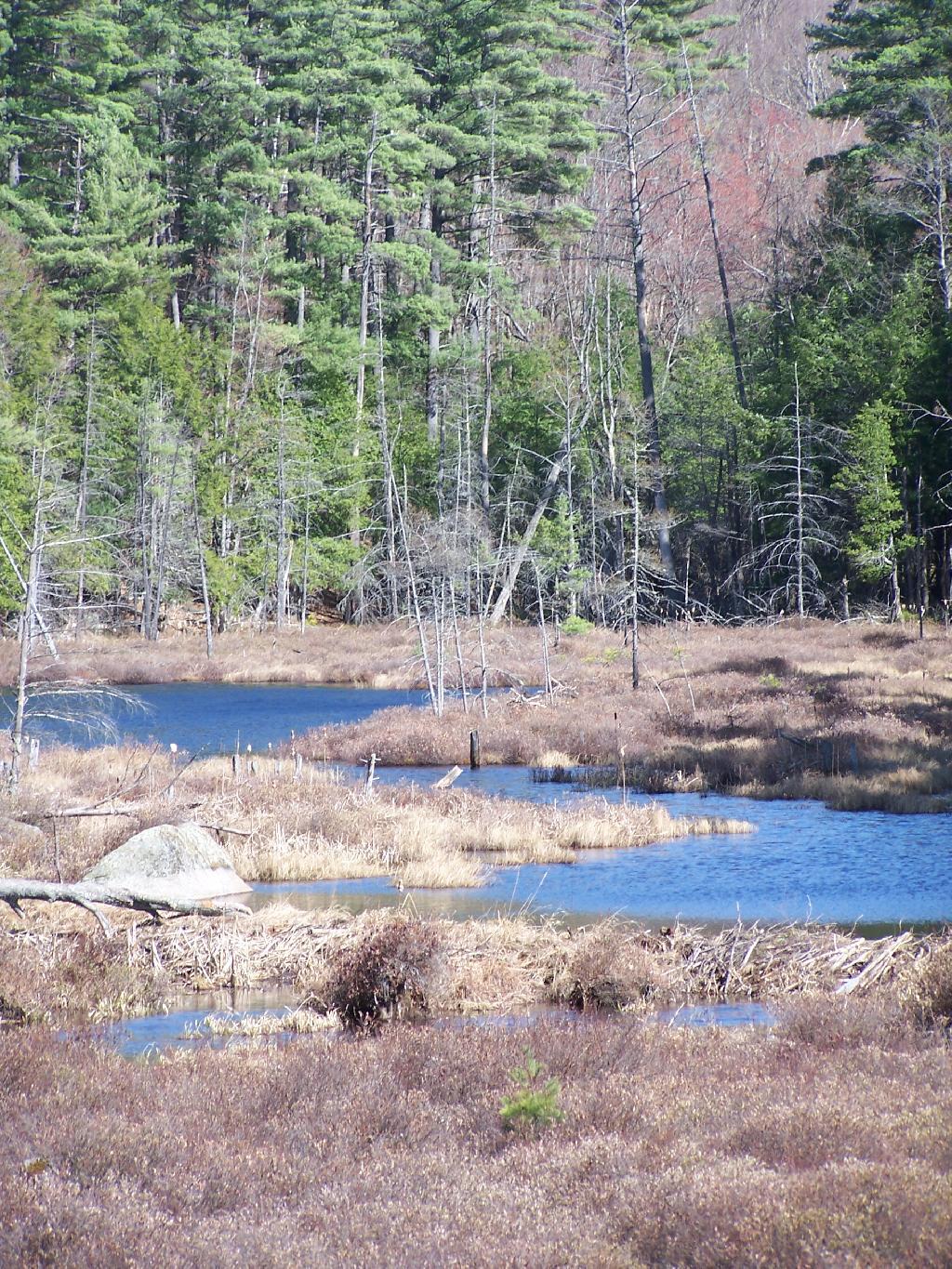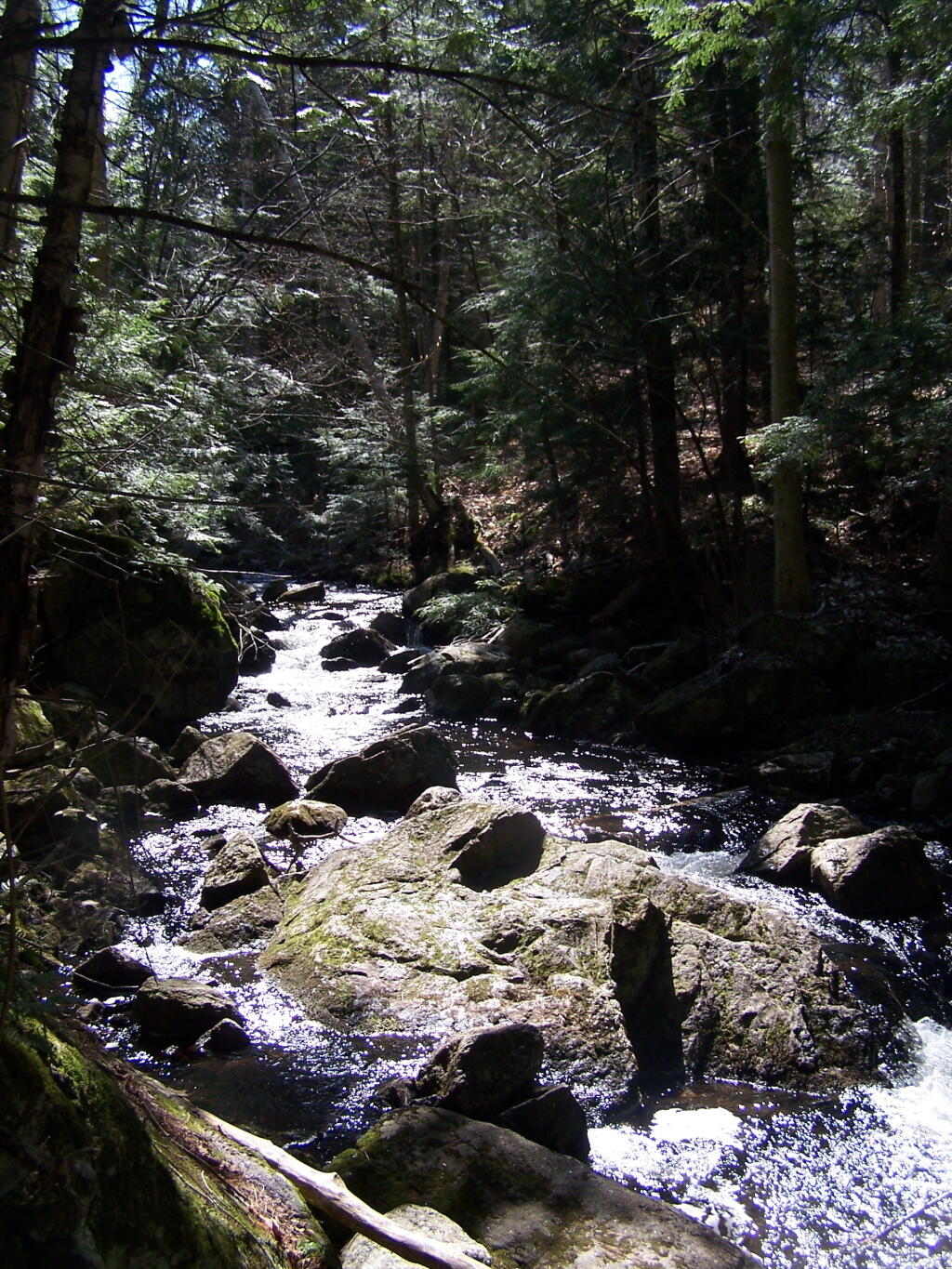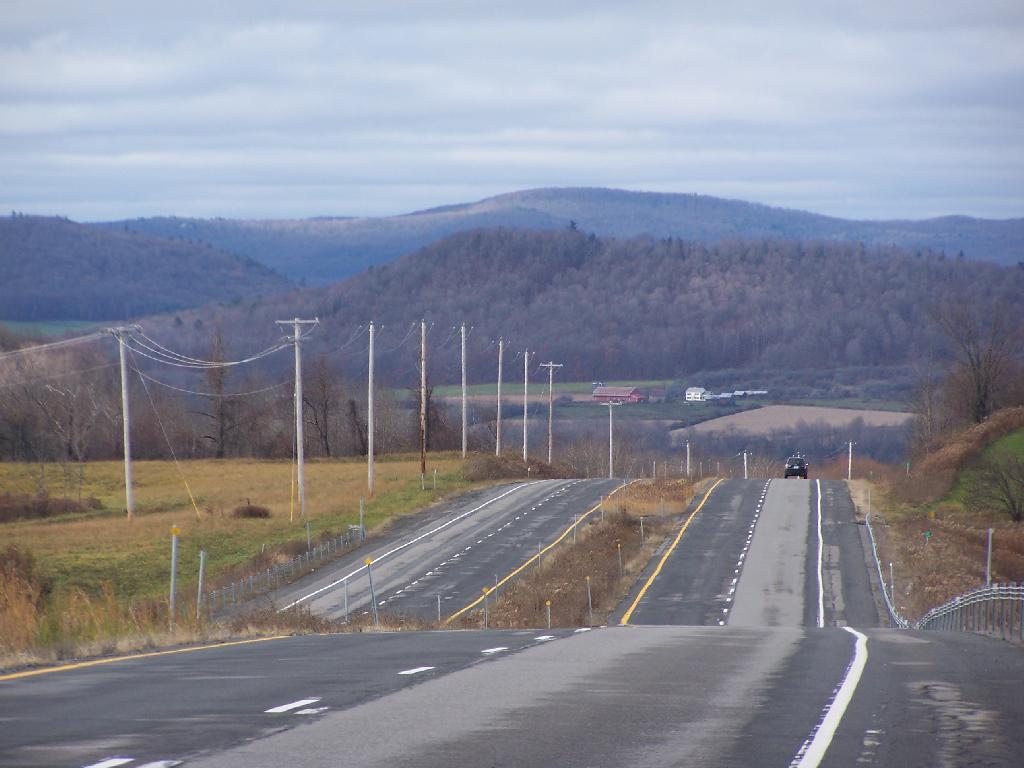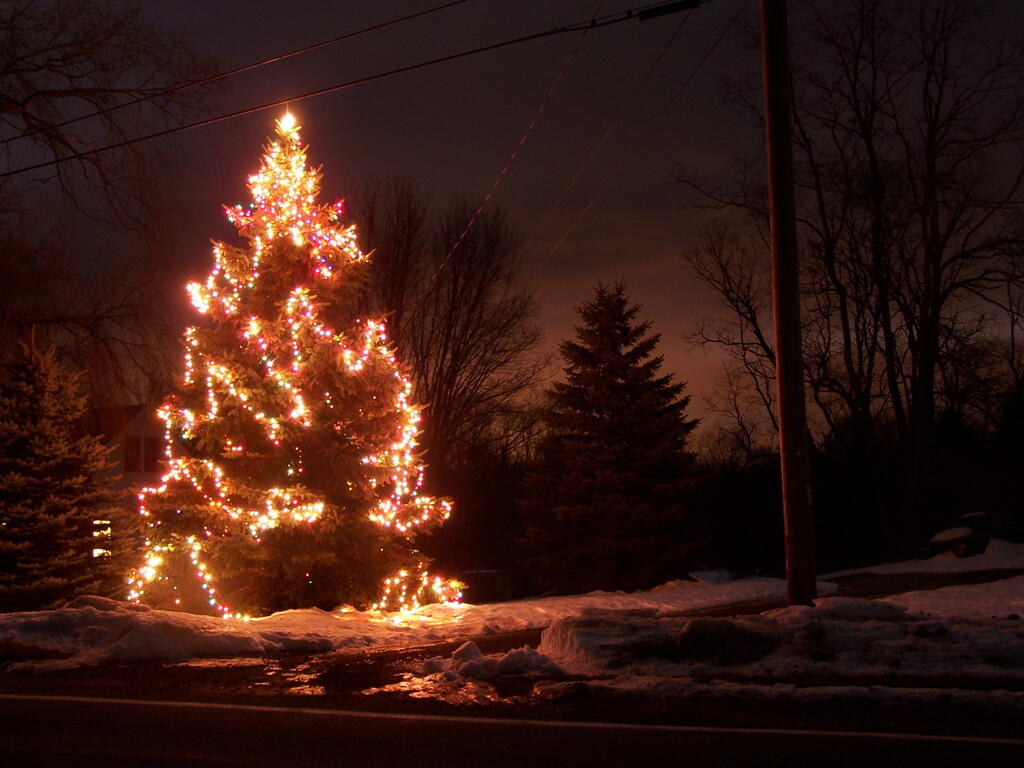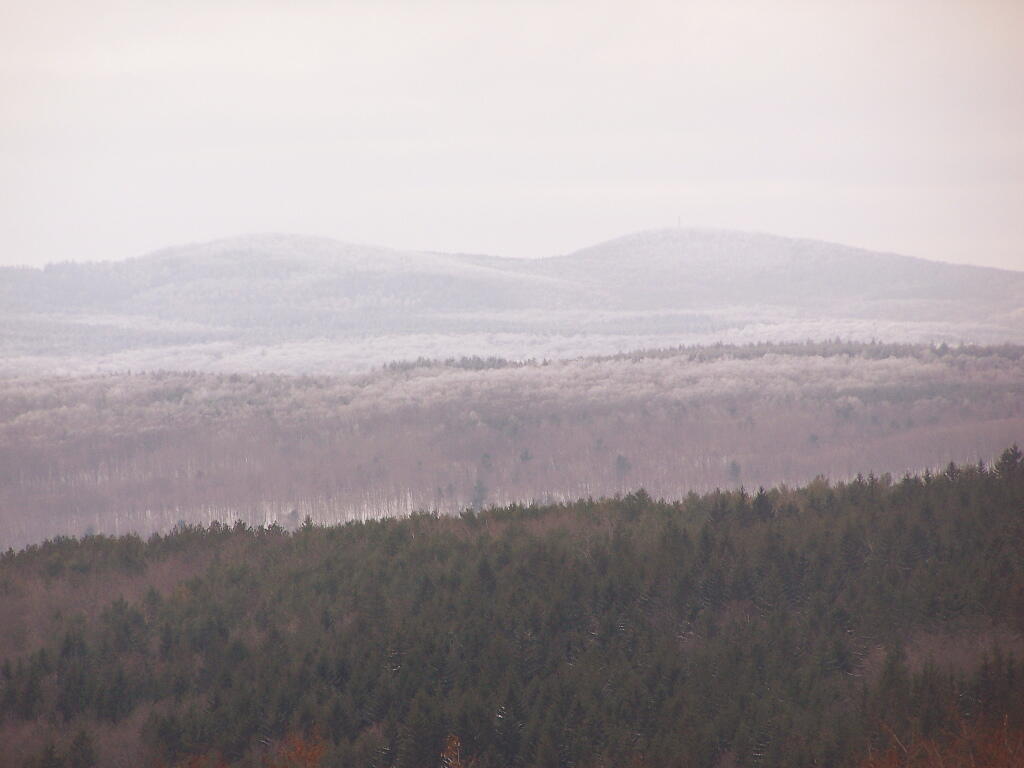One of the reason I want to move out west is to move into a political environment that is more comfortable and agreeable. Living in New York and being involved in City of Albany politics, I frequently run into people that are extremely liberal and whose views are much farther to the left then I could ever accept. At least for some city political activists, I’ve been characterized as downright conservative, even if I’m generally pro-union, pro-worker rights, and pro-strong environmental protections.
I find it particularly painful to be categorized as a conservative outsider. I support many progressive positions, and for people to just label me as a conservative who is against progress just bothers me. I want to have a clean healthy environment, I want to have a high minimum wage, and allow people to make their own private lifestyle choices.
In a more conservative area, many of core beliefs, particularly on rural issues, will be norm for the society. I may face an uphill battle in rural areas on more progressive issues like the minimum wage or clean air from big corporate polluters, but wherever one goes there still is a core progressive group that I can join up with that shares my progressive beliefs. I find it much easier to fight for a liberal cause, then against a liberal cause I disagree passionately with.
One the things I loved best about attending college in North Country of New York State was I could find like minded Democrats in the region. Many of the progressives of the North Country shared the same beliefs that I hold dear, but also where strong progressives on the major issues. Rural progressives generally where not proponents of gun control or hostile to rural issues but still cared strongly about labor rights and strong environmental protections against some of the worst abuses across our country.
